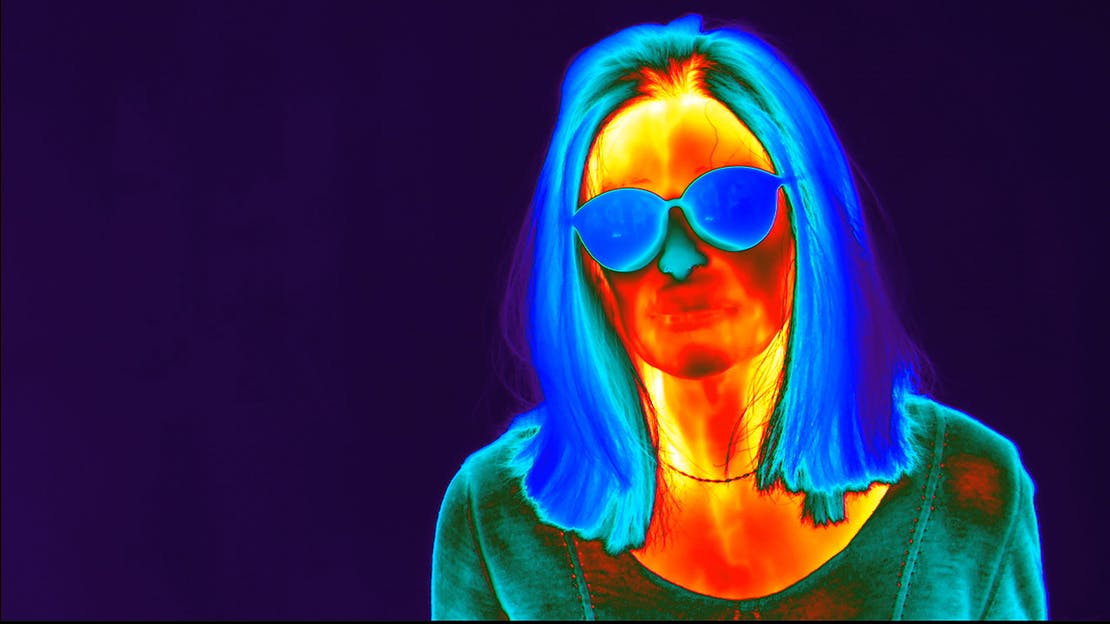
Each year, Tate’s director Maria Belshaw and a panel of curators get up at the crack of dawn, guzzle coffee, and race through Frieze on empty stomachs before the fair opens to the VIPs in order to select works for the London museum’s collection. This year, the group expanded the remit of the Tate Frieze fund even further, considering artists from Frieze Masters for the first time.
Through the fund, the museum has announced it will acquire works by London-based artist Marc Camille Chaimowicz, Brazilian artist Paulo Nazareth, Croatian artist Jagoda Buić, and British artist Patrick Staff. (The latter two are entirely new to Tate’s collection.) Buić, whose striking yet understated brown woolen work is on view at the booth of London’s Richard Saltoun, is the first artist to be collected under the auspices of Tate Frieze fund at Frieze Masters.
As the London museum continues to strive to diversify its collection across generations and Frieze Masters increasingly offers works from the latter half of the 20th century, the move felt right. “The fair has changed and evolved,” Belshaw tells artnet News. “Now, the Spotlight section of Frieze Masters is showing artists that our panel would consider to be contemporary.”
Work by Paulo Nazareth on view at Stevenson Gallery at Frieze London.
Among those figures is 89-year-old Buić, an important textile artist who has collaborated with Sheila Hicks and Magdalena Abakanowicz. Buić’s work was, until now, a significant omission from Tate’s growing focus on the medium (last year, the museum mounted an exhibition of work by Anni Albers and next year it will open an Abakanowicz survey). Saltoun says Buić, who is still hard at work at her studio in the South of France, “will be very pleased to hear such brilliant news.”
The budget for the annual prize has grown since it was established in 2003, and now stands at £150,000 ($184,578). To date, the museum has purchased over 120 works by more than 80 artists from the fair. This year, the panel of judges included Eugene Tan, director of the National Gallery of Singapore, and Erin Christovale, associate curator of the Hammer Museum in Los Angeles.
Marc Camille Chaimowicz Folding Screen (Five-Part) (1979), on view at Andrew Kreps Gallery at Frieze London.
Tate’s selections also included Folding Screen (Five-Part) (1979) by French-born, London-based artist Marc Camille Chaimowicz from Andrew Kreps Gallery, which the panel praised for blurring the boundary between the applied and fine arts.
From Frieze’s youth-focused “Focus” section, the panel selected a 2017 video work by British artist Patrick Staff at Commonwealth & Council called Weed Killer, which takes inspiration from Catherine Lord’s intimate written account of her cancer treatment, The Summer of Her Baldness: A Cancer Improvisation. Finally, Tate acquired a series of drawings by Brazilian artist Paulo Nazareth at South Africa’s Stevenson Gallery drawn from existing photographs of racially motivated violence.